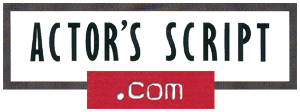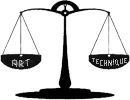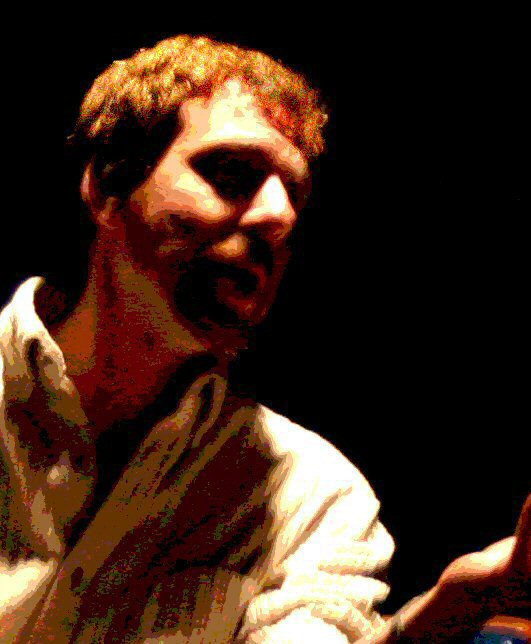
is a balanced creation of
Art and Technique

What Is Technique?
I
began acting when the "American method," as it has come to be called, was
extremely popular. Personally, I found it invasive and I came to theatre
to add to my life, not relive every moment I'd already experienced. I used
to think I was "cheating" by just using my imagination and compassion until I
met Stella Adler. She was the only American to have studied with
Konstantin Stanislavsky--in intense, daily partnership--and she brought his most
advanced teachings to The United States. He was surprised to learn that
the emotional-recall and affective memory of his early workshops was still being
used even though
he had himself abandoned them. He showed Miss Adler that the truth is in
the imagination, all life is within one's compassion, and the physical
embodiment of the character and her actions are what make the play the most
real. And when the play is real, the emotions have no choice but follow
and with great passion. "You can't create an emotion," he said, "you have
to trick it."
"You just look at the marble and cut away everything that isn't David." --Michelangelo's response to the curious how he carved his masterpiece.
Imagination is the soul of all art, not just acting, and I believe the script is the blueprint for the actor's imagination. If we put the script first, not the scriptwriter, but the script--that abstract compilation of actions and dialogues from which each involved works--then we bring this heightened world to its richest life. If the script is first, then ego, self-consciousness, and personal desire become second to nursing the play to breathing, captivating life. The production with the script at it's center then defines theatrical collaboration.
 The imagination is limitless; our lives are limited. Our
compassion is limitless; our experiences are limited. Art
takes us out of our limitations and allows us to live lives, feel
emotions, experience times and places, and enact heroic deeds or vile atrocities
or goofy goofs that our personal limitations could not allow.
The imagination is limitless; our lives are limited. Our
compassion is limitless; our experiences are limited. Art
takes us out of our limitations and allows us to live lives, feel
emotions, experience times and places, and enact heroic deeds or vile atrocities
or goofy goofs that our personal limitations could not allow.
The technique of acting is all the skills discovered that make these vastly different worlds not only real to us, but exciting to an audience. It's a craft, as all arts have, and it is a teachable process and not a mystical energy that only a "guru master" can coax out of you. Technique is specific tools that inspire the imagination and talent or the artist. The mysterious, unexplainable part is talent, the gift we receive at birth. Technique is the learnable process through which our talent expresses its most effective powers.
The art of acting is the tradition of using our very selves to express how we see the world, a tradition that dates back to campfires and caves. The technique and processes for modern acting began with Stanislavsky and are still being developed as new playwriting poses new challenges. One is within you forever, the other is a lifetime study and exploration.